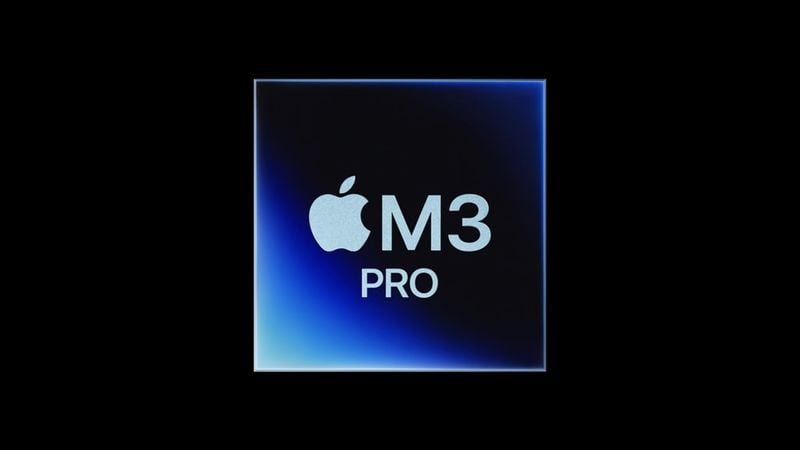An Insight into M3 Pro
The tech world is buzzing with anticipation as Apple M3 Pro chip prepares to make its debut. While it promises enhanced performance and efficiency, an interesting revelation has surfaced – the M3 Pro is rumored to sport less memory bandwidth than its predecessor, the M2 Pro. Here’s what you need to know:
Less Bandwidth, More Innovation
According to reports from Wccftech, the M3 Pro is expected to feature a memory bandwidth of 150GB/s, a step down from the M2 Pro’s 200GB/s. The key reason behind this shift lies in Apple‘s choice of a 192-bit memory bus for the M3 Pro, a change from the 256-bit bus on the M2 Pro.
Performance Implications
Reduced memory bandwidth can potentially impact the M3 Pro’s performance, particularly in applications heavily reliant on memory bandwidth, such as video editing and gaming. However, it’s essential to keep in mind that the M3 Pro is not a step back; instead, it’s a leap forward. Thanks to its new CPU and GPU architectures, it’s expected to offer substantial overall improvements.
Deciphering Apple’s Strategy
1. Cost Considerations
Apple may be aiming to reduce the production costs of the M3 Pro. Implementing a 192-bit memory bus is more cost-effective compared to a 256-bit counterpart.
2. Power Efficiency
Power consumption is a crucial aspect of any mobile device. A 192-bit memory bus generally consumes less power than a 256-bit counterpart, potentially contributing to extended battery life.
3. Meeting Market Needs
Apple has a knack for pinpointing the sweet spot in terms of performance. For the majority of users and applications, the full 200GB/s of memory bandwidth might be overkill. By adopting a 192-bit memory bus, Apple might be aligning the M3 Pro more precisely with the needs of its target market.
The Consumer Perspective
What does this mean for the average consumer? In practical terms, the reduction in memory bandwidth is unlikely to be a significant hindrance for most users. Everyday tasks and typical applications are unlikely to be noticeably affected.
For those whose work hinges on memory-intensive tasks like video editing or gaming, there may be a minor dip in performance. However, before making any purchase decisions based solely on this specification, it’s advisable to wait for benchmark results to assess the real-world impact.
In a Nutshell
Apple’s M3 Pro chip, with its reduced memory bandwidth, is a move towards efficiency and optimization. While it may have implications for specific tasks, it’s important to remember that this chip is an advancement over its predecessor in multiple ways. It’s a testament to Apple’s strategy of balancing power, efficiency, and cost.
As we await the M3 Pro’s arrival, it’s clear that Apple continues to make calculated steps forward, keeping the end-user experience at the forefront of its innovations.










Add Comment